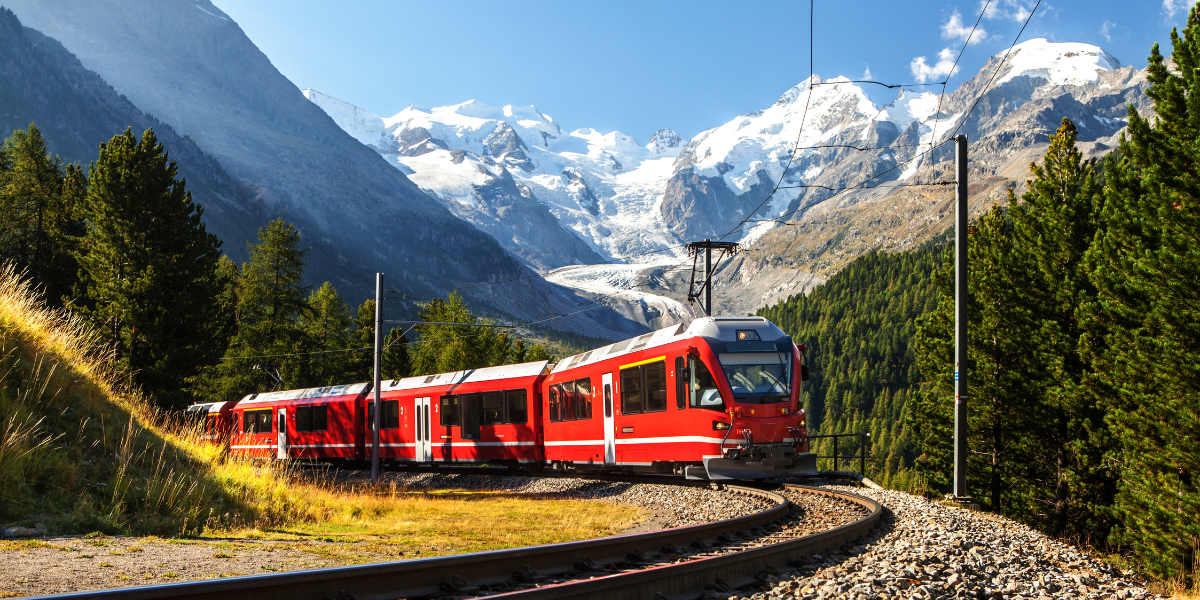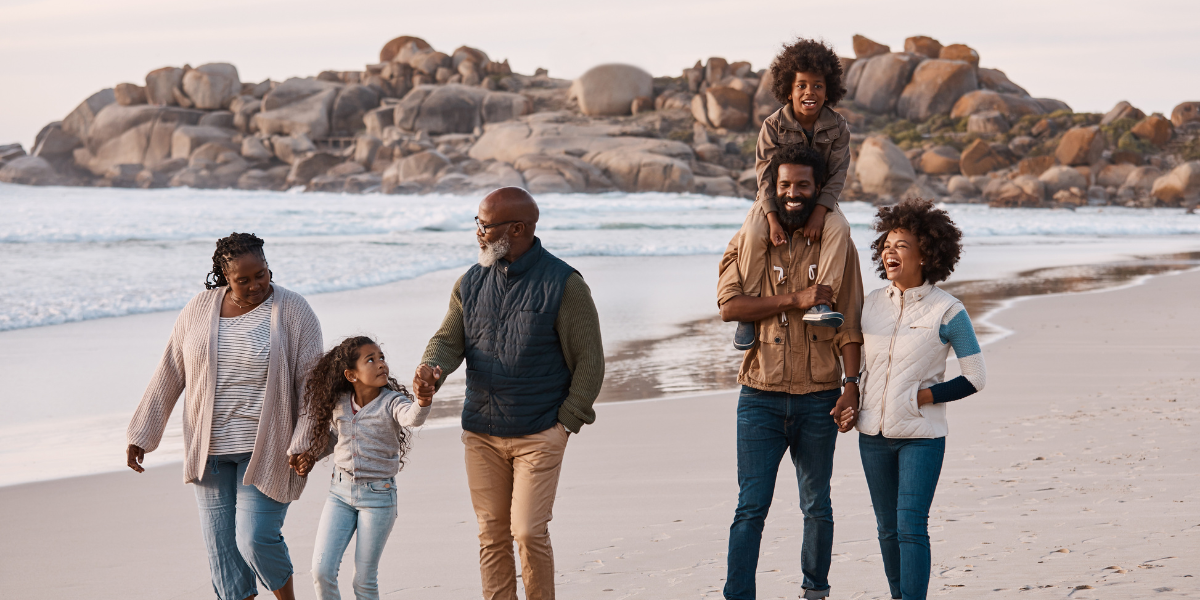Airline prices may have gone up, but regardless of cost, everyone has itchy feet. According to the latest UNWTO World Tourism Barometer, in the first five months of 2022 there were nearly 250 million recorded international arrivals. That’s a rise from 77 million from January to May 2021.
Estimates suggest that international tourism will grow rapidly over the course of 2022, followed by a slower pace from 2023 to 2026. By 2023, it is expected to have made a full recovery to prepandemic levels.
With international tourism continuing to recover at a strong, steady pace, we look at four of the trends shaping the future of the travel space.

1 Sustainable tourism
Sustainable tourism has been a big trend in 2022, and that will continue into 2023. Today’s tourists are conscious of the impact their travels have on the planet: 72% of global travellers believe that sustainable travel is important.
Increasing the benefits and reducing the negative impact of tourism make sustainable travel an appealing option. More than that – it is our responsibility to travel in a sustainable way.
During the pandemic, local ecosystems were able to thrive. Nature had the chance to breathe again. However, the impact on the long-term preservation of these fragile havens was harsh. Tourism revenue that would usually be used for conservation was no longer there.
Contrary to what we may believe, the natural world needs tourism – or rather, the cash that tourism brings. The answer lies in how sustainable we can make the future of travel. And how the travel industry can build back better.
This is easier said than done, but focusing on slow, conscious and purposeful travel is a good place to start.
Of course, a lot of travel starts and ends with flying. And there’s no getting away from the fact that 80% of a holiday’s carbon footprint comes from the flight. Carbon offsetting is a step in the right direction, but it isn’t the solution. Real change can only come from the industry. Sustainable aviation fuels currently make up 6% of global aircraft fuel and electric aircraft are still a long way off.

2 Luxury travel
Many travellers, keen to make up for lost time, are ready to go big with their travel plans. So-called bucket-list destinations are catching the eye of many an intrepid traveller, which has led to travel companies rethinking their offerings.
High-end luxury travel was always going to be the most resilient sector when faced with a global pandemic. This has proven to be the case, with providers introducing a wider range of destinations, greater privacy and more mindful ways to get around (boat rather than plane, for instance).
Expect to see ambitious travel plans in 2023. Because in a post-pandemic era, many travellers are wondering: if not now, when?

3 Tech first vs digital detox
There’s much discussion about the benefits of a digital detox. According to a study by Uswitch, the UK is spending an average of 6.4 hours a day online, on any device. Meanwhile, Google Trends highlights a rise in searches for terms such as “phone addiction” and “digital detox”.
For some, a tech-free getaway creates a more authentic holiday experience, the chance to reconnect with the world. It could even change your habits once you’ve returned home.
For others, having a phone on holiday can improve the experience. It offers greater convenience – instant access to online navigation, translation, weather forecasts and recommendations. Tech, such as digital screens, also allows travel providers and hotels to get useful information to customers quickly and efficiently.
The solution lies somewhere in between. Destinations that offer customers the chance to unplug in quiet zones, libraries or meditation areas can capitalise on this trend.

4 Fun for the whole family
Finally, we have the rise of multigenerational holidays: children, parents and grandparents spending their holiday together – with the occasional aunt, uncle or cousin thrown in for good measure. As far as target groups go, the multigen is an interesting one.
Their needs are diverse – accommodation has to be large and flexible enough to house and sleep everyone. Facilities need to cover multiple bases – swimming, sports, entertainment, spas and high-octane activities – while kids clubs and babysitting services give adults more options after bedtime.
And don’t forget our beloved pets. With 3.2 million UK households acquiring a pet since the start of the pandemic, the pet-friendly travelling trend is changing the nation’s travel plans.
The number of pet-friendly Airbnb properties in the UK shot up by 95% between 2019 and 2021, as UK staycations became more alluring.
Linney: your number one destination
This year has been a strong one for travel, and travel is poised to bounce back further still in 2023. If you would like to discuss how Linney can help you achieve world-class marketing for your travel business, get in touch today.